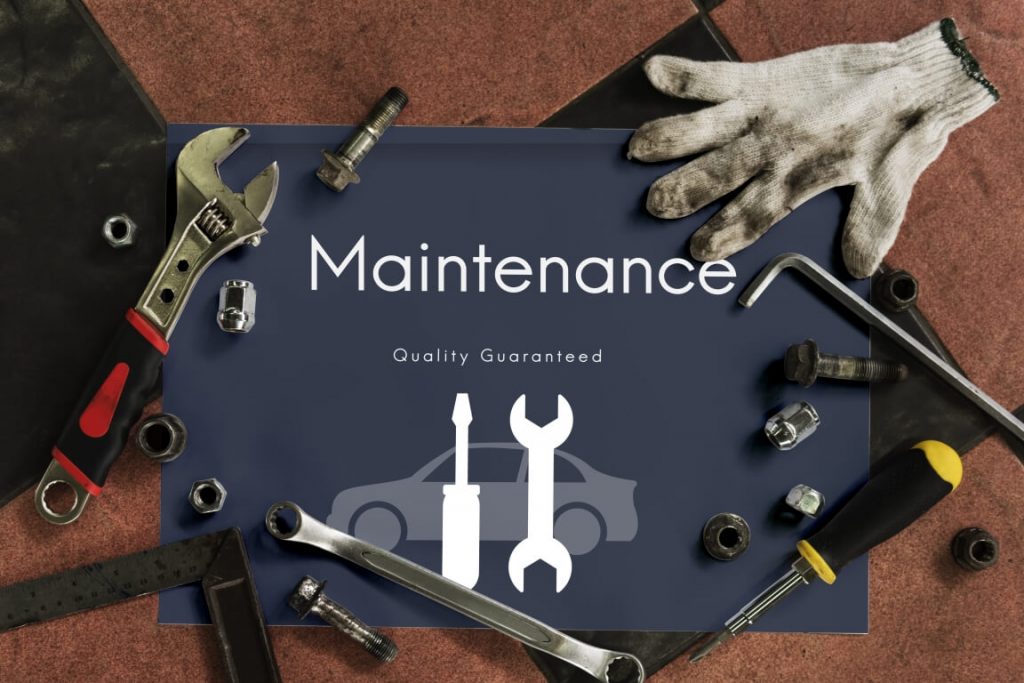The rising popularity of DIY (Do-It-Yourself) car repairs has become a notable trend among car
owners. With abundant online tutorials and resources, more individuals are choosing to tackle
car maintenance and repair tasks in their garages. This approach to vehicle upkeep can be
appealing for various reasons, from financial savings to the personal satisfaction of hands-on
work. However, car repairs at home also present challenges and risks, especially considering
the implications for those with extended car warranties. This article aims to provide a balanced
view of the pros and cons of DIY car repairs, helping car owners make informed decisions about
maintaining their vehicles, particularly in the context of extended car warranties.
Pros of DIY Car Repairs
Cost Savings
One of the primary advantages of DIY car repairs is the potential for cost savings. Labor costs
make up a significant portion of repair bills at professional garages. By performing repairs at
home, you can save on these expenses. Additionally, sourcing parts independently can be more
cost-effective than paying the marked-up prices at repair shops. This mainly benefits budget-
conscious car owners or those looking to reduce their overall vehicle maintenance expenses.
However, it's essential to consider how to DIY repairs impact the terms of an extended car
warranty. Some warranties may require that certified professionals conduct repairs, so it’s
crucial to understand the duration of your warranty before proceeding with DIY repairs.
Skill Building
Another advantage of DIY car repairs is learning and understanding new skills and gaining a
more profound knowledge of your vehicle’s mechanics. Completing a repair successfully can
provide a sense of accomplishment and boost confidence in your mechanical abilities. These
skills can be invaluable over the lifetime of vehicle ownership, potentially saving money and
reducing reliance on professional services. However, for those with an extended car warranty,
it's essential to consider if DIY repairs could affect warranty coverage.
Flexibility and Convenience
DIY car repair offers the flexibility to work on your vehicle according to your schedule. You can
choose when to start and how long to spend on a particular task without being bound by the
operating hours of a repair shop. This can be particularly convenient for those with busy
schedules or for urgent repairs that can’t wait for a professional appointment.
Control Over Repair Quality
When you repair your car yourself, you have complete control over the quality of the work and
the materials used. This ensures that you can opt for high-quality parts and take the time
needed to do the job to your satisfaction, something that might only sometimes be guaranteed
at a repair shop.
Cons of DIY Car Repairs
Risk of Incorrect Repairs
The risk of incorrect repairs is a significant downside to DIY car maintenance. Without
professional training, misdiagnosing problems or performing repairs improperly is possible. This
can lead to safety issues and long-term damage to the vehicle. Furthermore, incorrect repairs
can be more costly in the long run, as they may require professional rectification. This is
particularly pertinent for car owners with an extended warranty, as unauthorized or incorrect
repairs could void the warranty, leaving the owner without coverage for future repairs.
Time and Effort
DIY car repairs require considerable time and effort, especially for those new to car
maintenance. Learning the necessary skills and completing repairs can be time-consuming and
sometimes frustrating, particularly with more complex issues. This stands in contrast to the
convenience and speed of professional repair services. For those with an extended car
warranty, relying on professionals saves time and ensures that repairs are conducted in a
manner compliant with the warranty’s terms, safeguarding future coverage.
Lack of Specialized Tools and Equipment
Professional garages are equipped with specialized tools and diagnostic equipment that most
DIY enthusiasts need access to. This lack of equipment can limit the scope of repairs that can
be effectively performed at home and may impact the quality of the repair.
Potential for Voiding Warranty
As mentioned, performing DIY repairs on a vehicle with an extended car warranty can be risky.
If the repair is not done correctly or with unauthorized parts, it could void the warranty, leaving
you without coverage for future repairs.
Environmental and Safety Concerns
DIY car repairs pose environmental and safety risks, especially when involving fluids like oil or
coolant. Proper disposal of hazardous materials is essential to avoid environmental
contamination. Additionally, there's a risk of injury without appropriate safety measures, which is
an important consideration, especially for those who need professional training.
Conclusion
Repairing your car at home offers several benefits, including cost savings and skill
development. However, they also carry risks, such as the potential for incorrect repairs and the
substantial time and effort required. It’s essential to weigh these factors carefully for car owners
with an extended car warranty. DIY repairs save money in the short term but could jeopardize
warranty coverage, leading to more significant expenses in the future. The decision to
undertake DIY car repairs should be based on individual skill levels, the complexity of the task,
and the terms of any existing car warranty. A-Protect Warranty Corporation offers
comprehensive extended warranty plans that you can take advantage of. Get in touch with our
team for a free quote. Call +1-866-660-6444 for more assistance.



